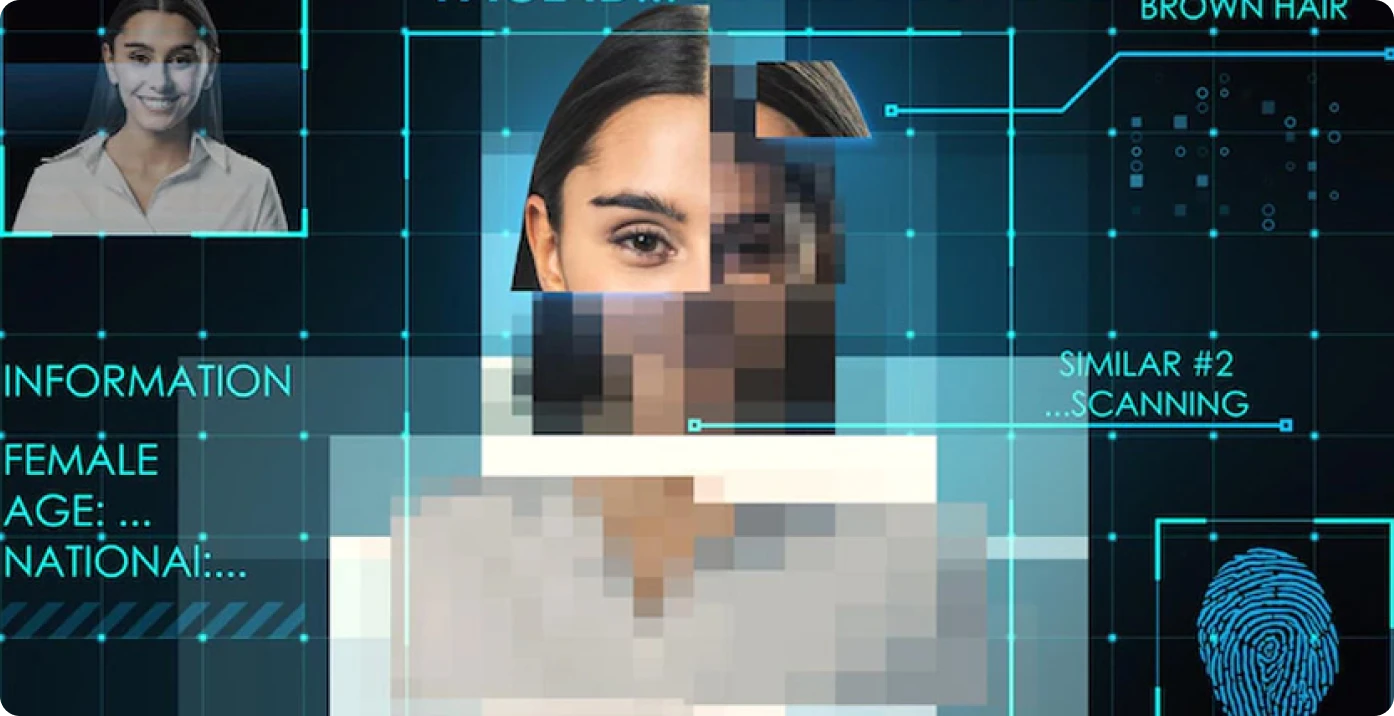Airport Charging Stations: A Hornet’s Nest
Introduction
Emerging technologies in the digital era have made their inroads in manifold domains and locations, including the “Aviation industry”. A 2022 Cranfield University and Inmarsat report has made the point for digitalization powering a reviving age for the aviation industry. Several airport authorities are presently mobilizing power of emerging technologies such as Artificial Intelligence (AI) across the airport bedrock to provide travelers with a plain sailing and expeditious air travel experience.
The Perils of Juice-Jacking
Today, Universal Serial Bus (USB) charging ports are ubiquitous and a convenient way for travelers to keep their devices powered up. In their busy, mundane lives, people use the public charging facility while travelling. However, cybersecurity experts have warned that charging in public areas could wipe off data from an electronic device or install malware, and they have urged people to stay away from USB charging ports at airports and other public areas. This leads to the possibility that fraudsters may manipulate susceptible users via juice jacking.
Investigative journalist Brian Krebs in 2011 coined the term "Juice Jacking". It isa form of cyber attack where a public USB charging port is fiddled with and infected using hardware and software changes to pocket data or install malware on devices connected to it. The term “juice jacking” is a slang representation for electric power or energy, and “hijacking” indicates an unauthorized key toa device.
While the preliminary purpose of juice jacking is usually to pilfer sensitive information from corresponding devices, such as passwords and payment card details, attackers can exploit this stolen information to attain unauthorized to your financial accounts. If the adversary attacker installs malware in the electronic device during the juice jacking strategy, the attacker may further observe the individual's movements even after one has disconnected the device from the USB port. However, the hazards of Juice Jacking include malware infection, data heist, economic loss and damage to the reputation of an individual.
RedFlags from Agencies
In2023, the Federal Bureau of Investigation (FBI) forewarned travelers against using charging stations in public zones such as hotels, airports, and shopping malls due to malicious actors attempting to use the public USB to introduce monitoring software and malware into devices. The U.S. Federal Communications Commission (FCC) has also administered a new advisory regarding “juice jacking "and its possibility of launching a hushed cyber attack against a mobile gadget while one is charging the phone with a USB cord. Similarly, according to new research from International Business Machines (IBM) Security, many nation-state hackers are currently training their eyes on travelers.
RBI Advisory
Recently in 2024, The Reserve Bank of India (RBI) has likewise administered a warning statement to mobile phone users urging them against charging their devices using public ports. RBI has additionally accentuated the importance of safeguarding private and financial data while using mobile devices. Juice jacking is further cited as one of the scams in the RBI booklet on the modus operandi of financial fraudsters in the financial space.
Preventing juice jacking attacks
The routes to avoid Juice Jacking are to keep a tab on the USB devices, not use the public charging ports, update the phone software regularly, enable and utilize the software security measures of the device, use a USB pass-through device, a wall outlet, or a backup battery; never use unknown charging cables and use only the trusted security apps. It is further important to avoid using cables that are left behind by other travelers in any public space. Users can correspondingly turn off their devices before connecting to a wary charging port. Nevertheless, the absence of documented cases does not necessarily imply that users cannot be a target of such an attack and a warning is still recommended when securing personal gadgets with susceptible user data while using standard cables. Also, using a virtual private network (VPN) and assuring that devices have the updated security updates established can aid in mitigating the danger of cyber attacks. It is equally important to utilize the security features of your device, such as passcodes, fingerprints, or facial recognition, enabled to count as a supplementary layer of safeguard.
Conclusion
In the contemporary digital age, individuals, on the whole, need to be vigilant about “Cybersecurity hygiene” and avoid accessing susceptible data or conducting financial transactions on unsecured networks. Mobile phones or devices should run on the latest operating system, and antivirus software should be revamped to mitigate conceivable security susceptibilities.
References
- https://www.forbes.com/sites/suzannerowankelleher/2023/04/20/juice-jacking-malware-phone-airports-hotels/?sh=47adab7e82ed
- https://www.businessairportinternational.com/features/how-ai-is-improving-business-aviation-operations.html
- https://www.news18.com/business/juice-jacking-attack-scam-bank-frauds-india-8412037.html
- https://www.comparitech.com/blog/information-security/juice-jacking/
- https://blogs.blackberry.com/en/2023/04/juice-jacking-advisory
- https://www.thehindubusinessline.com/info-tech/juice-jacking-rbi-issues-warning-against-charging-mobile-phones-using-public-ports/article67895091.ece
- https://www.thehindu.com/sci-tech/technology/juice-jacking-how-hackers-target-smartphones-tethered-to-public-charging-points/article67026433.ece
- https://www.forbes.com/sites/suzannerowankelleher/2019/05/21/why-you-should-never-use-airport-usb-charging-stations/?sh=630f026a5955
- https://edition.cnn.com/2023/04/12/tech/fbi-public-charging-port-warning/index.html
- https://social-innovation.hitachi/en-in/knowledge-hub/hitachi-voice/digital-transformation/
- https://www.inmarsat.com/en/insights/aviation/2022/future-aviation-connectivity.html



.png)



.webp)
